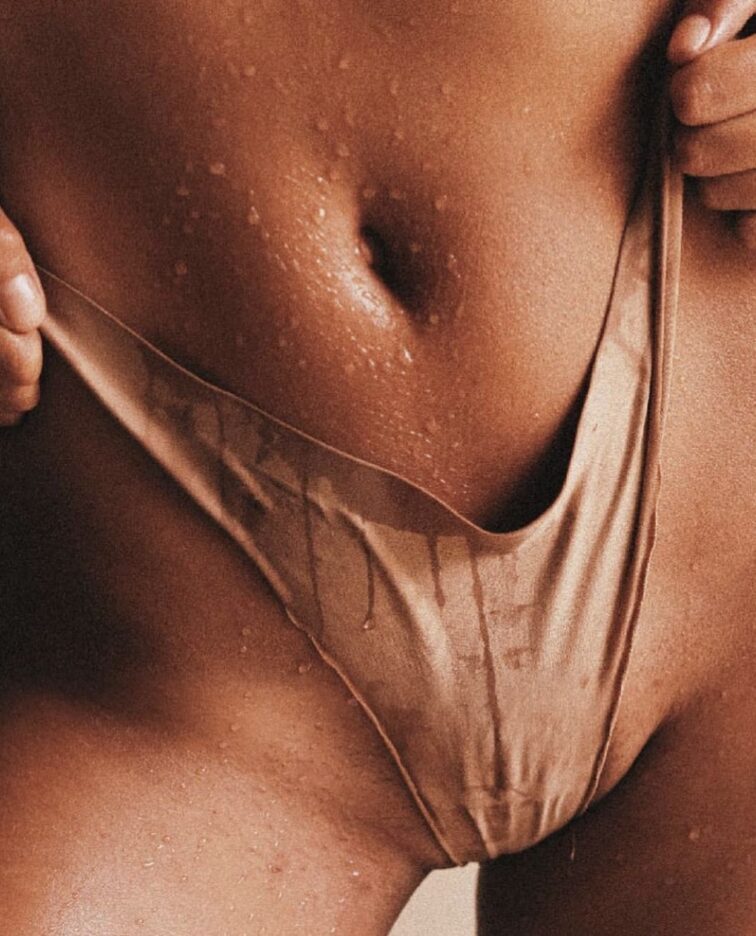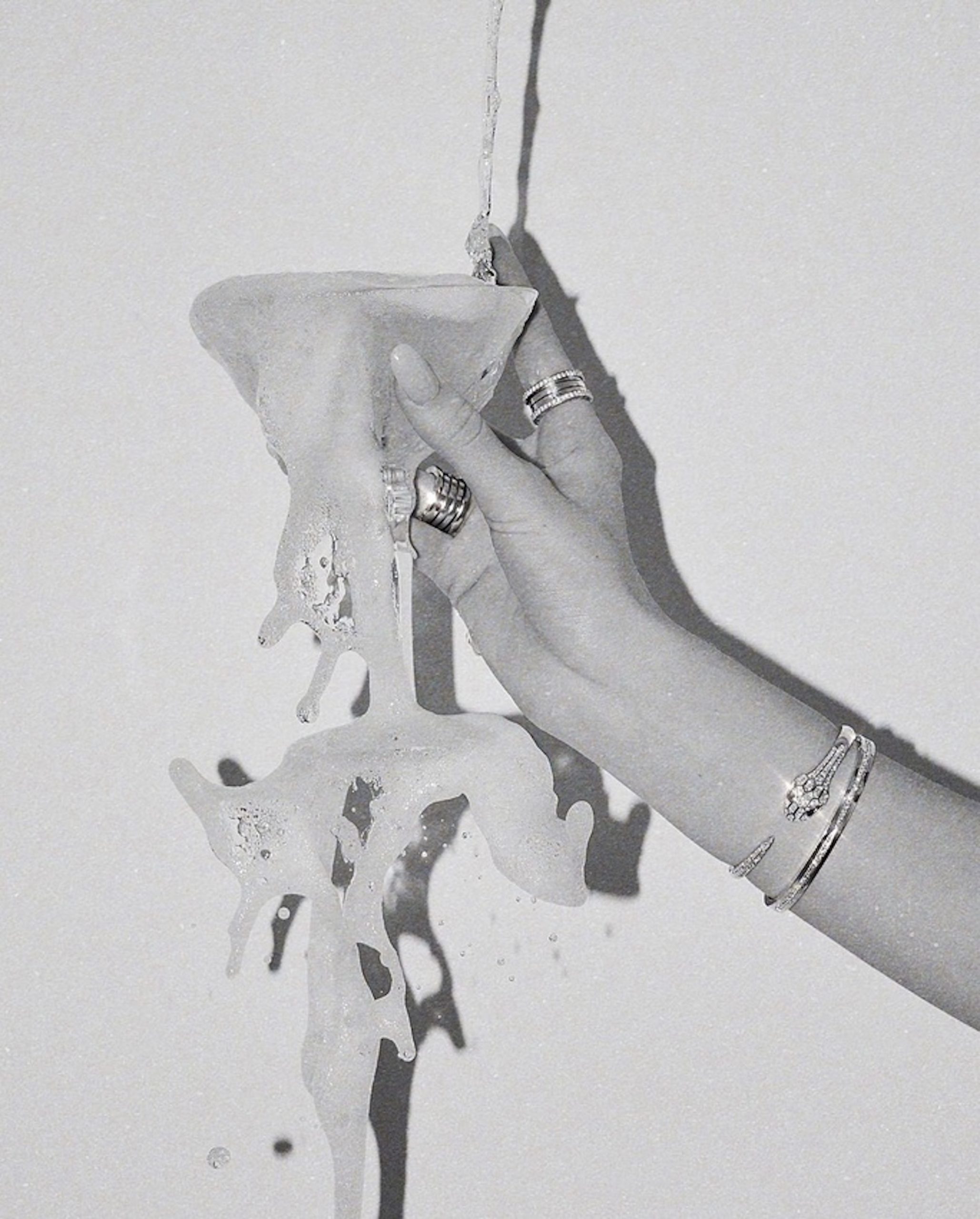



Alcohol is a depressant, which is why it can make us feel sleepy or in extreme cases, genuinely pass out. But that doesn’t mean we are getting good quality sleep, not in the slightest. That’s because even though we might feel we are in a deep sleep induced from what we lovingly deem a nightcap, we actually experience less REM (rapid eye movement) sleep, which is when our bodies restore and repair.
REM is essentially the crowning jewel of rest. It’s what we mean when we say “beauty sleep,” because without it, we look and feel exhausted, splotchy, and puffy. Alcohol makes us fall into a deep, catatonic like state for the first half of the night, but the second half of our night’s sleep is restless, interrupted, and we often find ourselves waking up earlier than we want to, even after a late night out for drinks.
Part of this is also because alcohol suppresses our breathing as we sleep, and we can experience sleep apnea, meaning our breathing is paused for several prolonged periods throughout the evening.
The reason alcohol makes us feel sleepy is because it depresses our central nervous system, causing our brains to slow down. However, we normally hit REM about 90 minutes after we fall asleep, and after the consumption of alcohol, that is either delayed, or never quite occurs. We often wake up periodically throughout the night, each time delaying REM once more. As the enzymes in our liver metabolize alcohol during the night, the blood alcohol level does decrease. However, this causes further sleep disruptions and thus, poor quality rest.
This becomes tricky, because many people use alcohol as a sleep aid or sedative, especially when they have insomnia and have tried many other options to cure it, without avail. However, while alcohol may seem to solve the problem (makes us feel sleepy or pass out) it actually exacerbates insomnia, making it worse and harder to amend, in a vicious cycle of self medication involving large amounts of caffeine during the day to stay awake, and then alcohol at night as a sedative to all the stimulants and to shut down our brains.
For many of us, this is an infrequent experience. We don’t aim to over-serve ourselves with cocktails and wine, but it happens, and we pay for it either in poor sleep and a following day of fatigue, or a truly painful hangover. But for others, this is a much more frequent occurrence, which leads to prolonged sleep disruption, even for a period afterwards when they quit drinking.
Our best bet is to limit the amount of evenings we do imbibe, and if possible, limit ourselves to two drinks. We know that life happens, and we can’t always be so stringent, especially for special occasions. But the goal is to prevent this from becoming a habit so that we can rack up our beauty rest for glowing skin, healthy bodies, and longevity.